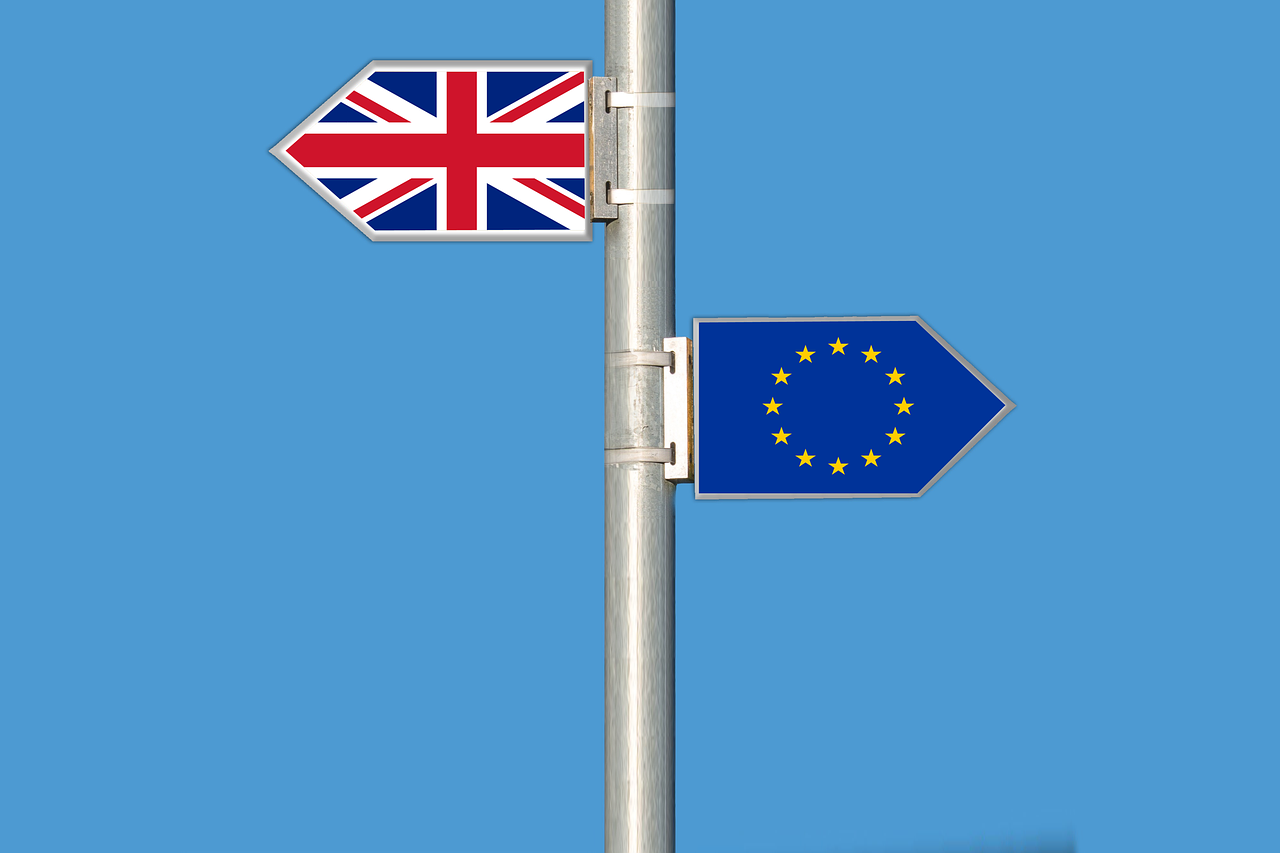When talking about Brexit, the UK’s decision to leave the European Union in a way and at a point in time yet to be determined, one of the key discussion points is that financial firms fear to loose their passporting rights.
As with many Brexit discussions before and after the vote, there always seems to be an element of unawareness when talking about specifics. So, what does it actually mean and what really is at risk? As for the first part of this question, the single passport is a system, which allows financial services operators legally established in one Member State to establish/provide their services in the other Member States without further authorisation requirements. Hence, UK financial firms risk loosing this right and will have to establish a presence in at least one of the remaining EU member states if whatever solution that will be agreed on following Brexit does not include this right. For sake of completeness, this would also mean that financial institutions from other EU member states like France or Germany, which do not have a presence in London or somewhere else in the United Kingdom, face the same dilemma.
Still not entirely clear what’s so bad about it? Let’s use a practical example then to demonstrate how the passporting works and its importance for financial firms in general and FinTechs in particular: Seedrs is an equity crowdfunding platform founded in the UK in 2009. It let’s businesses raise funds from investors who in exchange receive shares in the company. These companies are often early stage growth-focused businesses, which might find it difficult to find the money required to run their operations and finance necessary investments in, for example, machinery or staff. It’s a riskier investment than traditional ones, but there is the upside for investors that it potentially can generate higher returns though that is often only one of the reasons for investing in start-ups. Given the low interest environment and a general shortage of funding for small and medium sized enterprises (SMEs), it’s a very useful structure. Equity Crowdfunding is a regulated activity and Seedrs has received approval from the FCA. Now, Seedrs like other crowdfunding platforms has managed to establish a foothold in its country of origin, i.e. the UK, but naturally the people in charge must have been thinking that there are limits to the amount of companies and investors they could provide their services to in the UK. Like any good company that growth, they will have considered accessing other markets with their proven model, so they looked abroad. Thanks to the FCA authorisation they did not need to apply for additional approval from the other regulators in EU member states. Other than its UK office, Seedrs also has offices in Lisbon and Amsterdam (it is also in the process of opening in Berlin and has one in New York, but that’s a different story). These offices might be useful to deal more directly with businesses and investors in the respective countries, but they are not necessary for regulatory purposes. Investors could come from Bulgaria and firms from Italy, for instance, as long as they comply with the requirements for investing and raising money on crowdfunding platforms.
If the UK were to loose its passporting rights, as indicated above, Seedrs would have to apply for its regulatory authorisation in one of the other EU countries it already has or will have an office. In order to receive this, certain functions must be present in that office though, which is likely to lead to additional staff being added or staff transferred. In any case additional costs for application, staffing and other aspects will occur for Seedrs and it will not be able to accept businesses and investors from other EU member states for its UK arm. As a result, UK SMEs will be deprived of foreign funds while UK investors will be limited to investments into UK firms. Some people might think that the latter isn’t such a bad thing after all, but in practice it means less money and less growth for everyone. While for a large international bank the additional costs and administrative burden will be painful, for comparatively small FinTechs it could be fateful: like all companies equity crowdfunding platforms like Seedrs only work if they are profitable, which they can only be achieved through scalability though, i.e. a significant number of projects and investors. In any case, life will be much more difficult.

